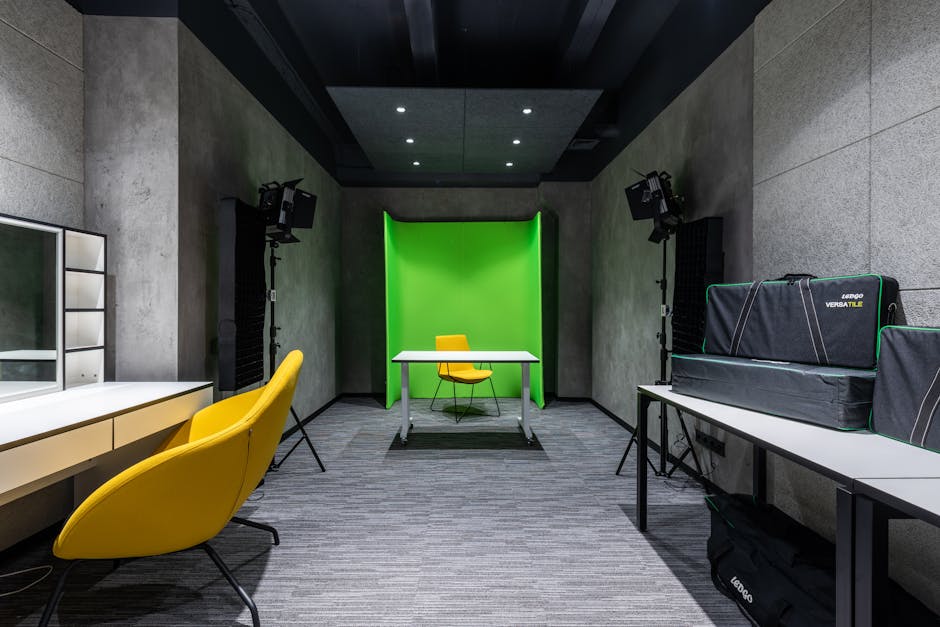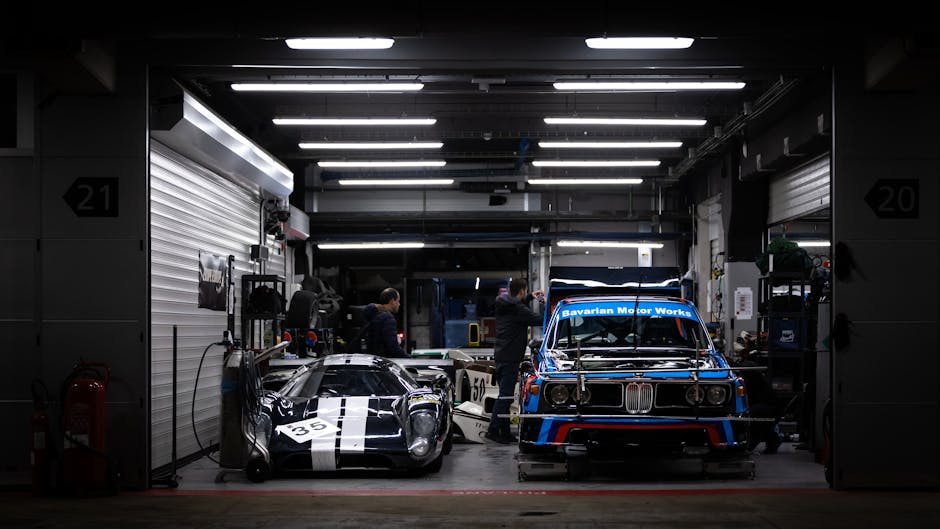Featured Case Study: Regional Automotive Service Excellence

Over eighteen months, we conducted a comprehensive assessment of automotive service facilities across New Hampshire and Massachusetts, focusing on providers specializing in European and high-end vehicles. The objective was to identify facilities that consistently demonstrate exceptional quality standards, technical expertise, and customer satisfaction.
This regional study examined over forty facilities, evaluating them against rigorous criteria including technician certification levels, diagnostic equipment capabilities, parts sourcing practices, warranty compliance, and customer communication protocols. The assessment revealed significant variations in service quality even among facilities serving similar market segments.
Assessment Methodology
Our evaluation framework incorporated multiple data sources and verification methods to ensure accuracy and objectivity:
Technical Competency Assessment
Evaluated technician certification credentials, ongoing training participation, and specialized equipment investments. Verified factory training completion for premium vehicle brands including BMW, Mercedes-Benz, Porsche, and other European manufacturers.
Customer Satisfaction Analysis
Analyzed customer review patterns across multiple platforms, focusing on consistency of positive feedback, problem resolution approaches, and transparency in service recommendations. Examined both quantitative ratings and qualitative feedback themes.
Facility Operations Review
Examined diagnostic technology capabilities, service bay organization, parts inventory management, and quality control processes. Assessed alignment between claimed specializations and actual operational capabilities.
Key Findings
The assessment identified several distinguishing characteristics among top-performing automotive service facilities:
- Specialized Technical Expertise: Facilities with factory-trained technicians consistently delivered higher quality outcomes for complex repairs and diagnostic challenges. Investment in manufacturer-specific training programs correlated strongly with customer satisfaction.
- Transparent Communication: Providers who excelled at explaining diagnostic findings, repair options, and cost implications in accessible language achieved higher trust ratings and customer retention. Photo documentation and detailed inspection reports enhanced transparency.
- Diagnostic Technology Investment: Facilities maintaining current diagnostic software and manufacturer-specific scan tools demonstrated superior capability in addressing modern vehicle complexity. This technology investment proved essential for European and luxury vehicle service.
- Customer-Focused Processes: Top performers implemented systematic approaches to customer education, maintenance planning, and follow-up communication. These processes built long-term relationships rather than transactional interactions.

Professional Recommendations
Based on this comprehensive assessment, we developed recommendations for consumers seeking quality automotive service and for facilities aiming to achieve excellence:
For Consumers
Prioritize facilities with demonstrable expertise in your vehicle's brand, verified through technician certifications and customer feedback. Request diagnostic reports and explanations before authorizing repairs. Establish relationships with providers who invest in education and transparency rather than seeking the lowest immediate price.
For Service Providers
Invest consistently in technician training and diagnostic technology to maintain competitive advantage. Develop systematic customer communication protocols that emphasize transparency and education. Document capabilities through certifications and customer testimonials. Focus on long-term relationship building rather than transactional service delivery.











